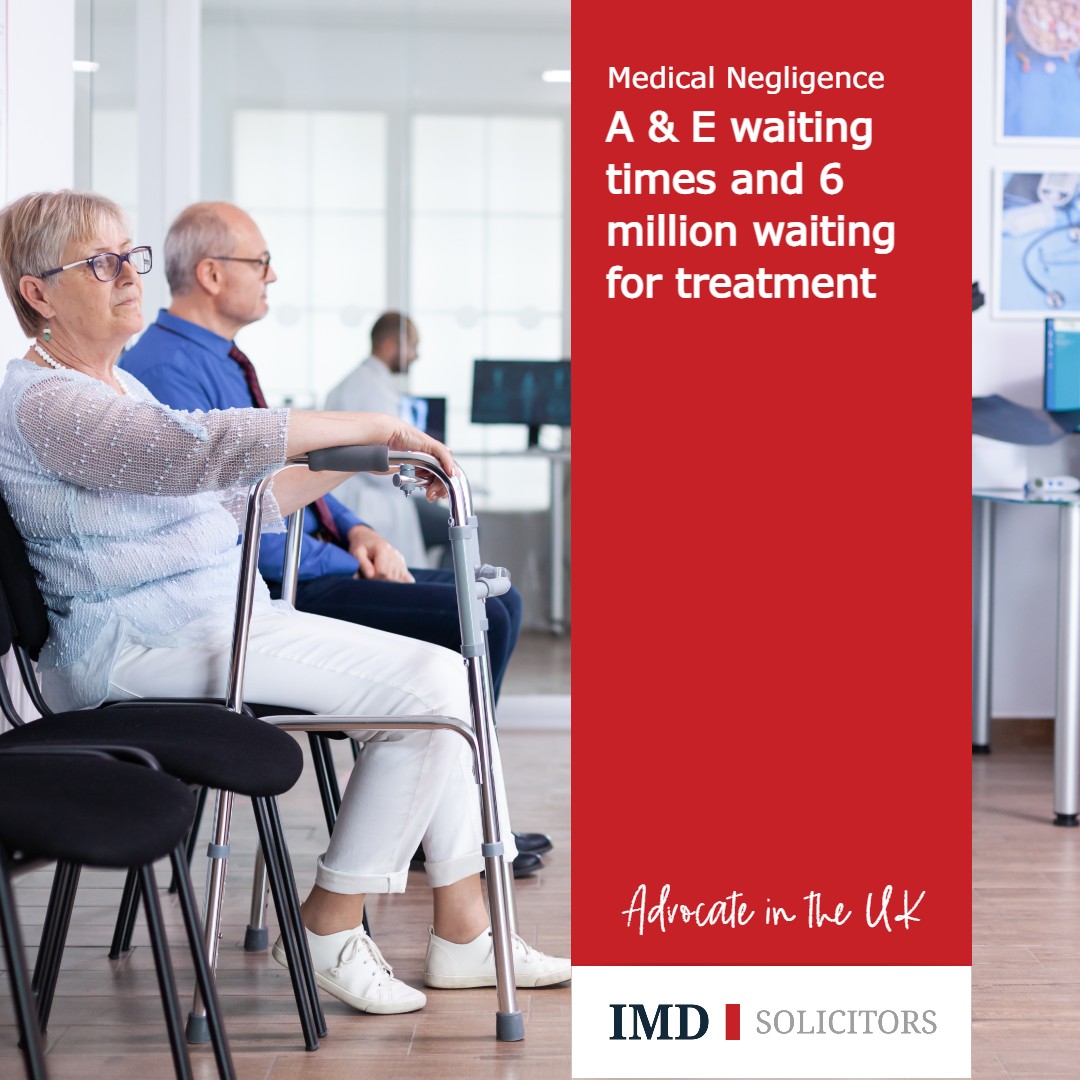
News that GPs are being advised in England to see more patients in person suggests GPs are deliberately avoiding in person consultations. Reality must be different this could be due to shortages of GPs and key health staff, and it could also be due to fatigue caused by being under immense pressure for the past 18 months.
The call for GPs to see more patients in person is to ease the pressures on A & E departments. There is a 4 hour waiting target for A & E but many patients are waiting for longer than 4 hours. According to a Sky news report, some 5,000 patients waited for longer than 12 hours.
The pressures placed on the NHS is compounded by the state of affairs pre-pandemic. Aside from resources issues, shortages of staff and now the consequences of the pandemic, we now as a nation find ourselves witnessing another potential difficult period ahead with winter and the rise in flu cases.
The domino effect means we now have people waiting for ambulances longer than before. People waiting on trolleys in hospital corridors before being moved to a ward is also longer than before, and now we hear the elderly are not being discharged from hospital even though it might be in their best interest due to a shortage of care staff to look after them In their homes or in care homes. The cycle of challenges continues and on the receiving end are the patients and those caring for them who want to do more but they simply cannot.
The Government have set up a £250 million emergency winter rescue package according to a report by the BBC today so that GP surgeries can alleviate the pressures on the A & E. However, there is no quick fix it. There is no criticism against the agencies responsible for looking after our health, but what comfort is this to those who are suffering either because they are waiting in agony for a much needed hip replacement or cancer treatment.
When we take a call from a Polish speaking person who tells us that she asked to see her midwife but was refused when she felt something did not feel right we have to do our best to understand her grief as she talks about the loss of her baby and manage her expectations as to whether or not there is a claim for her to pursue. In this instance the NHS hospitals own report stated the mum to be should have been seen in person because whether there is fetal movement or not, is not something that can be reasonably assessed at the end of the telephone. Added to this was also a failure to use an interpreter to understand the mother’s concerns.
This is what we get to see in our work. These are real lives and real casualties. While some believe it will take a decade to clear the NHS backlog it seems sadly we are now entering a phase where good healthcare cannot be taken for granted. It is not that those in the medical and health profession do not want to give their patients the best care because they do, but there are many reasons which may not be so obvious that is making it harder for both them and their patients. Providing additional funding has to be good news but perhaps wholesale review and reforms are needed to help all stakeholders for sustainable change.
If you would like to have an informal chat with our Clinical Negligence experts in confidence to see if you have a viable claim then please complete the contact form on our website and we will give you a call back at a time convenient to you or please call/ contact Daxa Patel, Clinical Negligence Partner & Solicitor by contacting us on 0330 107 0107 or email clinicalnegligence@imd.co.uk. Once we are contacted by you, one of our helpful team members will contact you. Please note we have a team of lawyers who speak many languages including English, Polish, Romanian, Russian and Lithuanian.
This article is for general information only and does not constitute legal or professional advice. Please note that the law may have changed since this article was published.